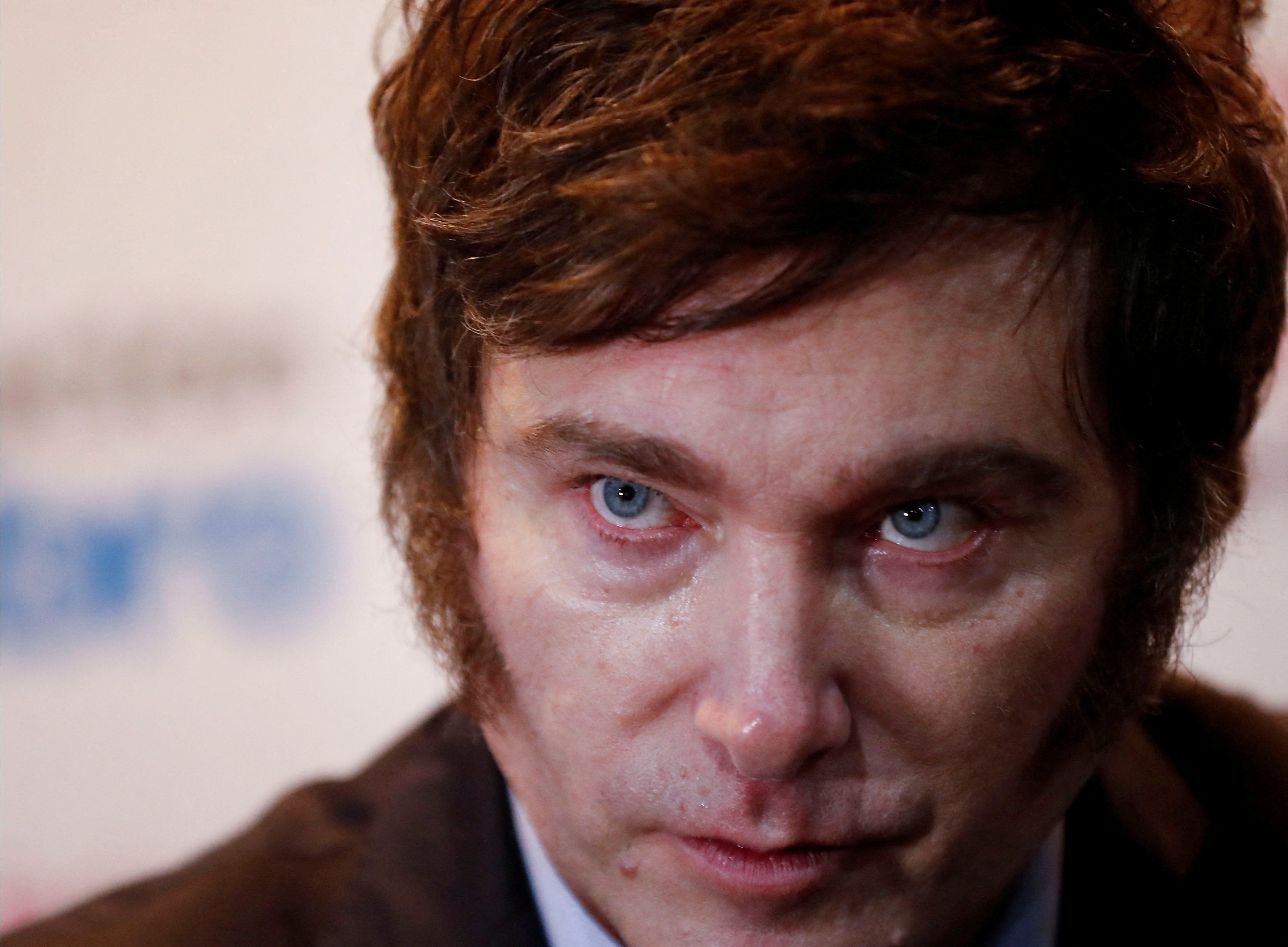Argentina’s economy is on thin ice, especially since the radical libertarian candidate Javier Milei unexpectedly emerged as the front-runner in the presidential primary this week.
Milei is promising to dollarize the economy and abolish the central bank if elected this autumn. His primary success sent shockwaves through the markets, forcing Economic Minister Sergio Massa – who is also running for the presidency – to devalue the peso’s exchange rate, adding to already soaring inflation, and forcing him to raise interest rates from 97% to 118%.
Wait, why did a primary destabilize the economy? Argentina has been experiencing hyperinflation – with prices rising an average of 6% a month – so the risk of any political turmoil setting off economic chaos was high.
Milei's primary success sparked fears of impending dollarization, spurring Argentines without access to dollars to rush to buy them in the streets, further devaluing the peso.
The official peso-dollar exchange rate now stands at 350 pesos per dollar and 665 per dollar in the “parallel” street market, a nearly 10% drop in value from before the primary.
Massa has promised no more devaluations before the election. But that could lead to government bankruptcy, especially if banks decide to collect on the government's mounting debt or the IMF withholds funds in response.
Some analysts view the strong support for Milei over the establishment party as evidence that the country is ready for deep and painful free-market reforms. But according to Luciano Sigalov, a Latin America researcher at Eurasia Group, Milei 's popularity is bad for the economy, and a bad economy is great for Milei.
“The likely prospect of a Milei victory and the risks from his radical policy program will generate more pressures on inflation and exchange rates. The worsening economic conditions will benefit Milei as he blames [rival] politicians for the spiraling crisis,” says Sigalov.
In other words, Milei has every reason to feed political and economic instability ahead of Argentina’s first-round presidential election in October.
